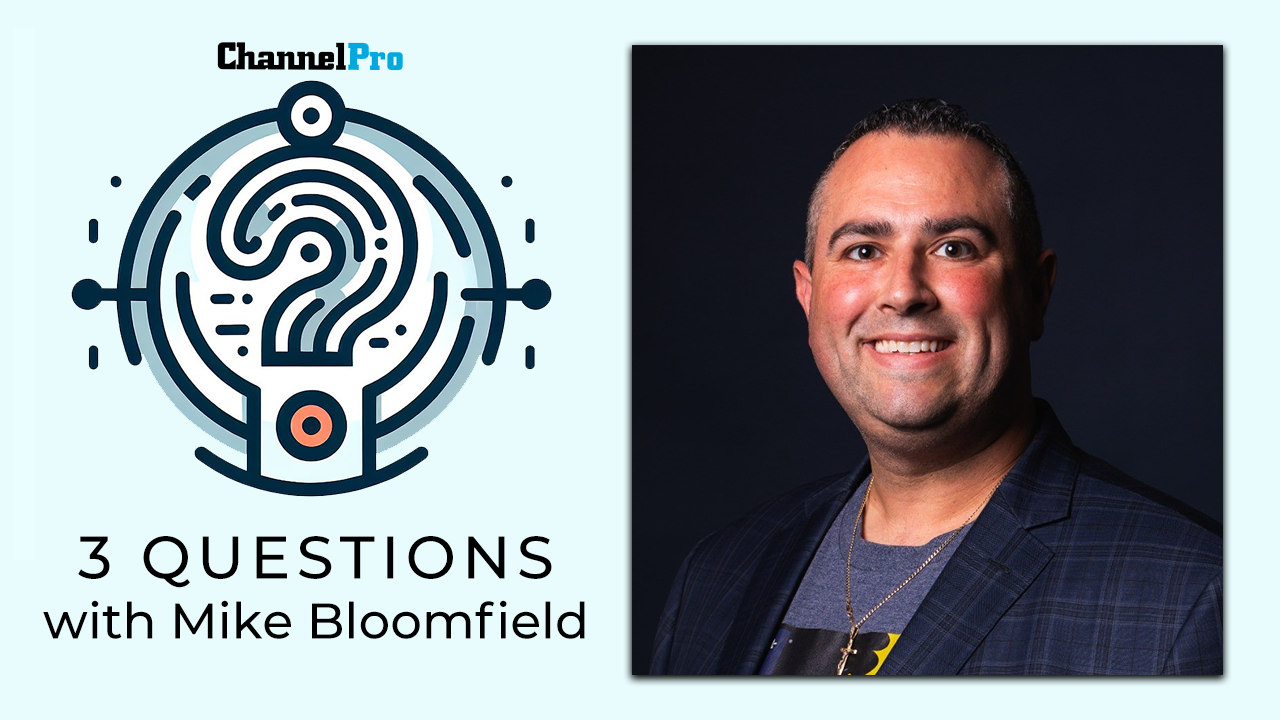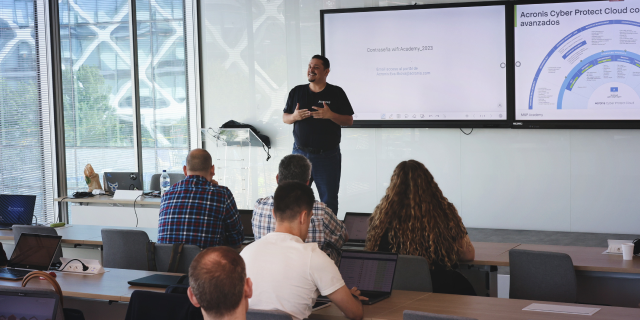YOU’VE BUILT an internal-use tool that makes you much more efficient or cultivated a skill that your peers typically lack. Should you spin it off as a business of its own and sell it to other channel pros, giving you a whole new stream of revenue?
There are no simple answers, but there are ample success stories that can offer insight into how to determine if there is a market for your product or service and how to launch it without jeopardizing your existing business.
Origin Stories
Spinoff businesses often derive from tools that channel pros created to solve a problem or streamline operations. For example, Macon, Ga.-based Tier2Technologies was born because founder Alex Permenter noticed that customers of his original managed services business were submitting incomplete tickets to the help desk, leading to staff spending significant amounts of time trying to fill in the gaps. The company’s namesake product, Tier2Tickets, walks an end user through submitting a ticket straight to the MSP’s PSA and collects annotated screenshots of the user’s last 20 actions before they activated the ticket.

Daniel Wang
MSPbots, which offers data-driven process automation and business intelligence software for MSPs, was created after CEO Daniel Wang experienced two big pain points in his own managed services practice: the high cost of paying and managing people. The startup developed a series of bots for standardizing and automating repetitive tasks, as well as nudging employees to perform important chores like clocking in or out and entering their time.
The Oneonta, N.Y.-based agency JoomConnect, for its part, came about after founder Chris Chase invested in ConnectWise software for his managed services firm and wanted to add a sales and marketing element for his team. The resulting JoomConnect platform automates campaigns and sales activities for MSPs.
Channel pros can also turn expertise into a spinoff business. Tim Taylor, president of Central Florida MSP TaylorWorks, leveraged his years of experience building a multimillion-dollar business to create Tim Taylor Consulting, which offers one-on-one coaching for MSPs and MSP startups.
Mitigating the Risks
Spinning off a business is not without risk, of course. When putting your energies into a new venture, your core business may suffer. Chase acknowledges that while developing JoomConnect, he wasn’t as focused on his IT business, especially during the initial phases of the rollout.

Chris Chase
Permenter describes juggling a new company with an existing one a “tremendous, tremendous amount of work and effort and time,” and warns that the constraints you may find yourself under are significant. “It’s very hard to go big and have one foot still in the other door,” he says. “Make sure that you have the time and the commitment to do it, because it will take more of that than you can possibly imagine.”
Taylor agrees. “You can only divide yourself so many ways, and if you’re not careful, you can do two things poorly instead of one thing well.” Knowing the product or service you’re spinning off “really, really well,” he adds, will help you estimate how much time the project will require, enabling you to “budget” yourself more accurately.
Having people on your team whom you trust to manage your primary business competently while you focus elsewhere can make a huge difference too, Chase notes.
Another obvious risk is financial. There are often significant upfront costs to consider, especially for development. Permenter says that Tier2Technologies incurred development costs upwards of $500,000 before having a single customer. Chase, too, calls his development costs “pretty substantial,” noting that he hired an entire programming team to work on the product as it evolved.
Getting to Market
While it may not be possible to completely mitigate financial risk, being precise about your product and its market helps a lot, says Chase. Writing a business plan, along with a sales and marketing plan, he stresses, is “super important,” because it will provide a blueprint for the new business.

Alex Permenter
Likewise, carrying out ample research to establish whether there are enough potential buyers to make the product viable is essential to success too, Chase adds. The fact that you had a need that couldn’t be met and led you to develop the tool or skill in the first place is one good indicator. Competitors or clients expressing an interest in your product or service is another one.
Permenter notes that when Tier2Technologies decided to take its product to market, peers—including local competitors—were asking about the tool. “As we started to talk to peers and see their reactions, it was like a poor man’s focus testing,” he explains. “We got very positive responses and decided that we were going to go ‘all in’ on it.”
Chase recommends utilizing your fellow MSP community as a means of establishing whether you have a target market for your product. Wang agrees and suggests reaching out to peer groups.
“If you’re not already a member of those groups, join them because those people are typically the ones who trust you and are willing to take the risk,” Wang explains. “If you offer to give them your product or service for free, they’ll listen to your idea and be interested in the alpha version. That way you have your first 10, 100, however many customers that you start rolling out to.”
Be sure to get the pricing right too. Taylor advises researching what the competition demands for their products. “You don’t want to be way out of line with what other people are charging for a similar service,” he warns.
Reaping the Rewards
Despite the challenges, making the leap from internal tool or skill to independent business can offer ample rewards. Aside from the money you can make, Taylor and others note how fulfilling it is to take an internal product to market successfully.

Tim Taylor
Offering a product rather than a service pays further returns because products enable you to make a bigger impact and grow more broadly, says Wang. “With an MSP you might have 50 clients, each with 20 people, but the product business is much more scalable,” he notes. “Right now, we have over 600 MSP customers, and each has 20 people, so I am helping enable all those people to use the software. That’s a huge upside for me.”
For Permenter, the challenge has been part of the payoff. “I’ve learned a lot … having to figure out the problems and challenges and navigate through those. It’s been very interesting and very rewarding.”
Image: iStock













